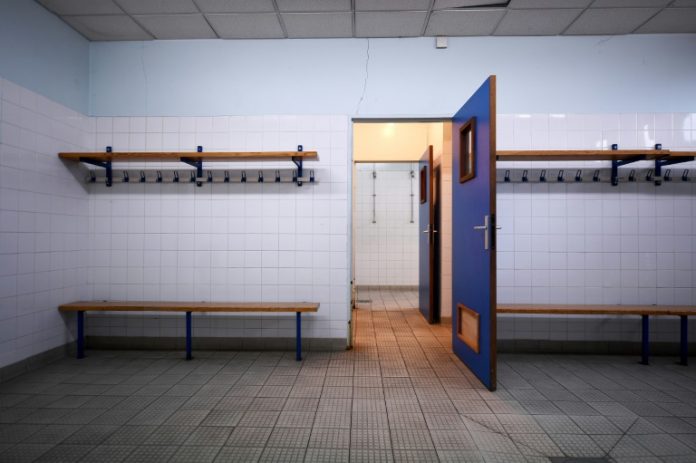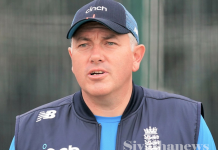Prevented from doing their jobs and often confined at home, there are concerns about the mental health of “isolated” and “lost” professional footballers during the coronavirus pandemic.
A study by global players’ union FIFPro published Monday warned of a sharp rise in the number of footballers reporting symptoms of anxiety and depression since the game was suspended worldwide.
“We have had many concerns about players with their mental response to the isolation. Many of the foreign players don’t have family with them, spend a lot of time on their own, away from their loved ones, which is very challenging,” said Jonas Baer-Hoffmann, FIFPro’s general secretary.
The union’s survey of 1,602 players in 16 countries revealed 13 percent of men reported symptoms of depression, and 16 percent symptoms of anxiety. Among women the numbers were higher: 22 percent for depression and 18 percent for anxiety.
It is a major increase on a similar study done in January and indicates the same worries felt by the general population about the pandemic are combining with the difficulty of adapting to life without football.
Michael Bennett, the director of player welfare at England’s Professional Footballers’ Association, told the BBC that at first it may feel like “a honeymoon period” but added that “we always thought the longer it went on that’s when it would hit home”.
As Baer-Hoffmann suggests, not all players have been lucky enough to have family with them.
Spain great Andres Iniesta has spoken of his struggles with depression when starring for Barcelona – and the important role his family played.
“I had a really bad time,” he told Cadena Ser radio. “I was lucky to have the family I have. The people around you are the ones who give meaning to everything.”
Now 35, Iniesta was playing in Japan when the virus broke out, one of many footballers at all levels stuck far away from home.
“In the women’s game, the reality is a lot of us are on our own in foreign countries, isolated, and this is a challenging time mentally,” said England international Jodie Taylor.
She plays for OL Reign in the NWSL and opted to stay in the USA, despite being given the option to return home.
– Learning to cope –

Taylor, 33, admits the ongoing uncertainty is hard to come to terms with, adding: “I don’t think anyone feels safe. A lot of us don’t really know what is going on, and what the repercussions of this pandemic are going to be.”
Players on short-term contracts at clubs below the elite may fear for their future careers, but even at the top of the men’s game, where wages are often astronomical, there are concerns.
“All of us who do this need to be playing. This situation has never happened before, it is extreme and very difficult,” Paris Saint-Germain’s Pablo Sarabia told reporters in an interview last week.
Philippe Godin, a sports psychologist at the University of Leuven in Belgium, says many footballers are experiencing the same feeling of emptiness that often hits players on retiring.
“They have only one interest, and without that they are lost, unlike other athletes in less comfortable positions who study or work as well,” he told media.
In Germany, the widow of a Bundesliga star who took his own life has given tips on how to stay positive.
Germany goalkeeper Robert Enke committed suicide in 2009 after a long battle with depression. His widow, Teresa Enke, runs the Robert Enke Foundation which offers support for athletes suffering from depression.
In an article for the website Xing, she said the current situation poses an additional risk for people with recurrent depression and urged sufferers to “mentally adjust”.
“Don’t stay in bed forever and then walk around in your pyjamas, because then the initial, false ‘holiday feeling’ quickly turns into listlessness and forlornness,” she wrote.
There are some players who are fortunate enough to be back training, including in Germany, where authorities hope to resume top-flight matches next month.
Nevertheless, despite their concerns, FIFPro has warned against rushing footballers back into action before the virus is properly under control, with Baer-Hoffmann saying it could “add to their anxiety and concern” while sending “a bad signal” to the rest of society.
















